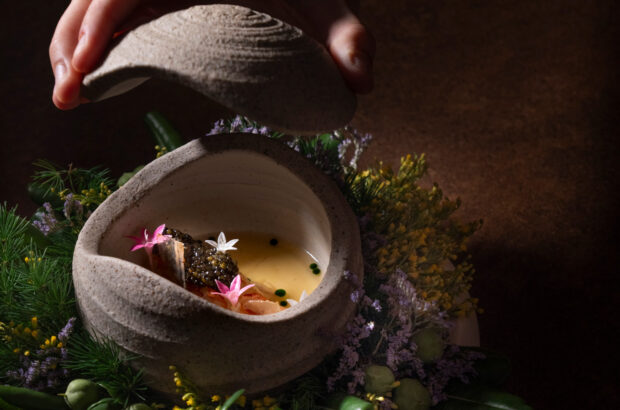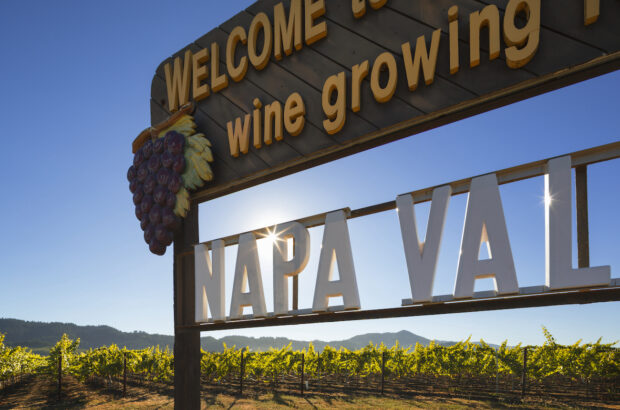Venice Floods
Last week, on the evening of Tuesday 12th November, the worst tide in half-a-century devastated Venice and flooded Venissa’s famed Mazzorbo island vineyard – where the region’s last-surviving parcel of the indigenous Dorona grape is grown – with more than six feet of destructive, salty water. By Wednesday morning, the water had begun to recede, but it will be months before Venissa knows for sure if its vines survived.
In Veneto, these disastrous tides are referred to as ‘acqua alta’, and the worst one in Venice history took place in 1966. Reaching 194cm – compared to last week’s 187 cm – it destroyed much of Venice’s agriculture and successfully wiped out the 2,500-year wine industry for decades to come.
It was dormant until 2002 when Gianluca Bisol of Bisol Prosecco discovered a handful of surviving Dorona vines on the island of Torcello. He set to work on reviving this ancient grape and Venice’s winemaking traditions by planting a small vineyard in the lagoon on the quiet island of Mazzorbo. The 2019 vintage will be the 10th for Venissa, but Tuesday’s acqua alta threatened to repeat history.
While the Dorona vines have adapted to the saline conditions over centuries, Venissa general manager Matteo Bisol said they won’t know for sure if their nearly one hectare of vines survived the flood until the spring. While they wait Venissa has turned on its drip irrigation system to help flush the soil out.
There is one key difference between this recent acqua alta and the one in 1966 which keeps alive some optimism among the Bisol family. In 1966, the water remained at a high level for nearly two days, but this time, it started to recede after a couple of hours, hopefully preventing the vineyard from absorbing too much salt. It also rained generously the day prior, pumping the vines full of fresh water.
‘These are good elements, but we cannot underestimate the danger,’ says Gianluca Bisol, recalling when Venissa lost more than 100 vines in 2012 due to a significantly less severe acqua alta.
The Future
If the vines do survive, there is still a grave concern for Venissa’s future. These acqua alta’s have been occurring more frequently; four of the 10 worst acqua altas in history have taken place in the last decade, which Bisol attributes to climate change. While the city of Venice has been working to build a system that will protect the area from future flooding, it could take years to complete.
In the meantime, Venissa is focused on recovering from Tuesday’s event. It suffered minimal damage to its resort, winery and restaurant structures, but by far the biggest hit to its business and others is tourism.
‘We want to show that nothing stopped in Venice because tourism is very important,’ says Bisol. ‘It is very important for people to understand that everything is working, that it’s possible to visit the city, and people are more than happy to host tourists at this moment. We really need it to survive.’
The winery is also doing what it can to help its neighbours. The family has opened up their private collection and released six magnums of Venissa – two each of the 2010, 2011, and 2014 vintages – to raise emergency funds for those affected in their community. Ranging in price from € 990 to nearly € 5,000, as of Monday, four of the magnums were still available for purchase on the Venissa website (under the ‘Acqua Alta’ tab).
‘Even if we have big damages to our structures and the vineyards, we believe we’re still on the lucky side of the population,’ says Bisol. ‘Other people have more problems than us.’







